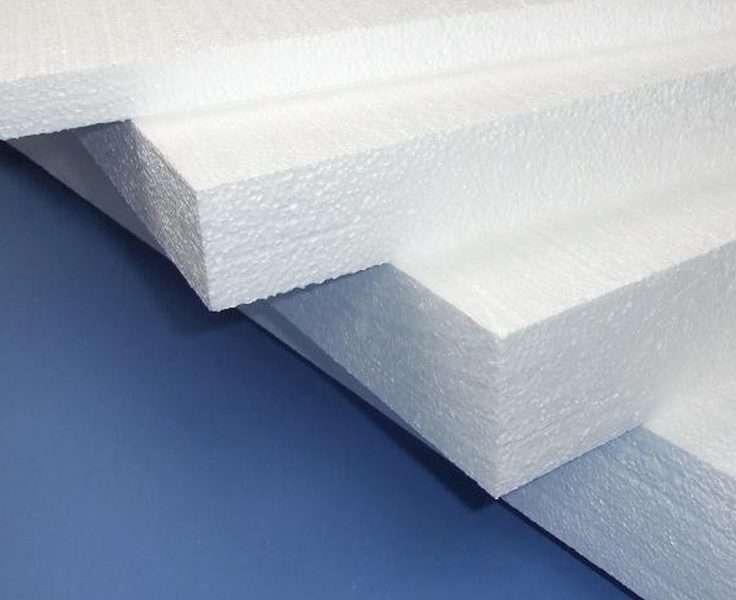
Explore the versatile applications of Thermopore across industries such as construction, automotive, packaging, refrigeration, soundproofing, and more. Discover how Thermopore’s thermal insulation, moisture resistance, lightweight strength, and sound absorption properties revolutionize various sectors. Learn how Thermopore contributes to energy efficiency, product protection, and sustainability in different applications.
Introduction
Thermopore, a remarkable material with exceptional properties, has rapidly gained popularity across various industries due to its versatility and numerous applications. Composed of closed-cell extruded polystyrene foam, Thermopore offers a wide range of benefits, including thermal insulation, moisture resistance, lightweight strength, and sound absorption. In this blog, we will explore the diverse applications of Thermopore, highlighting its contributions to industries such as construction, automotive, packaging, and more.
1. Construction Industry Thermopore applications
Thermopore has revolutionized the construction industry by providing superior insulation and energy efficiency. It is commonly used for insulating walls, roofs, and floors, ensuring optimal thermal comfort within buildings. The closed-cell structure of Thermopore reduces heat transfer, making it an ideal material for both hot and cold climates. Its lightweight nature simplifies construction and reduces structural loads. Additionally, Thermopore’s sound-absorbing properties contribute to enhanced acoustic insulation in buildings, creating quieter and more comfortable living and working environments.
2. HVAC Systems
Thermopore finds extensive application in heating, ventilation, and air conditioning (HVAC) systems. It is used to insulate air ducts, pipes, and HVAC equipment, preventing heat loss or gain and improving energy efficiency. Thermopore’s insulation properties help maintain the desired temperatures and reduce energy consumption in HVAC systems. By minimizing heat transfer, it ensures the effective distribution of conditioned air, enhancing the overall performance of HVAC systems.
3. Automotive Industry
Thermopore plays a vital role in the automotive industry due to its lightweight strength, thermal insulation, and sound absorption properties. It is used in vehicle interiors to provide cushioning and comfort for seats, armrests, and headrests. Thermopore’s insulation capabilities contribute to maintaining desired temperatures within the vehicle cabin, improving energy efficiency and reducing the workload on air conditioning systems. Furthermore, its sound-absorbing characteristics minimize noise transmission, creating a quieter and more enjoyable driving experience.
4. Packaging Industry Thermopore applications
Thermopore is widely utilized in the packaging industry for its excellent protective properties. Its cushioning ability and shock absorption make it an ideal material for packaging fragile and delicate items such as electronics, glassware, and artwork. Thermopore provides a reliable protective layer that absorbs impacts and vibrations during transportation, ensuring that products arrive intact and undamaged. Its lightweight nature also reduces packaging weight, leading to cost savings in shipping and logistics.
5. Refrigeration and Cold Storage
Thermopore’s exceptional thermal insulation properties make it a preferred choice for refrigeration and cold storage applications. It helps maintain stable temperatures inside refrigerators, freezers, and cold storage facilities, preventing energy loss and ensuring the freshness and quality of perishable goods. Thermopore is used as insulation in refrigeration units, cold storage rooms, and transportation containers, allowing for efficient temperature control and minimizing temperature fluctuations.
6. Soundproofing and Acoustic Applications
Thermopore’s sound-absorbing properties make it valuable in applications that require noise reduction and acoustic insulation. It is used in theatres, recording studios, conference rooms, and residential buildings to create sound barriers and minimize noise transmission. Thermopore effectively absorbs and dampens sound waves, enhancing privacy and creating quieter environments for improved concentration and relaxation.
7. Medical and Pharmaceutical Industry
Thermopore finds application in the medical and pharmaceutical industry due to its hygienic properties and ability to maintain stable temperatures. It is used in the packaging of temperature-sensitive medical equipment, vaccines, and pharmaceutical products. Thermopore’s insulation properties help preserve the efficacy and integrity of these sensitive items during transportation and storage, ensuring their quality and effectiveness.
8. Marine and Aerospace Industry
In the marine and aerospace industry, where weight reduction is critical, Thermopore’s lightweight strength and insulation properties are highly advantageous. It is used for insulation in boat hulls, cabins, and aircraft components. Thermopore’s ability to withstand extreme temperatures, resist moisture, and provide buoyancy makes it an ideal choice for marine and aerospace applications.
Conclusion Thermopore applications
Thermopore’s remarkable properties and versatility have made it an invaluable material across various industries. Its thermal insulation, moisture resistance, lightweight strength, and sound-absorbing capabilities have revolutionized applications in construction, HVAC systems, automotive, packaging, refrigeration, soundproofing, medical, marine, and aerospace industries. As industries continue to seek innovative solutions for improved performance and sustainability, Thermopore continues to be at the forefront, meeting diverse needs and driving progress. The widespread use of Thermopore highlights its invaluable contributions to energy efficiency, product protection, and enhanced comfort in a wide range of applications, shaping a more advanced and sustainable future.
